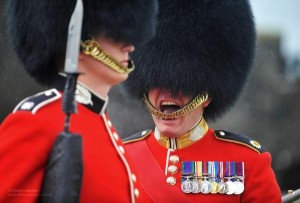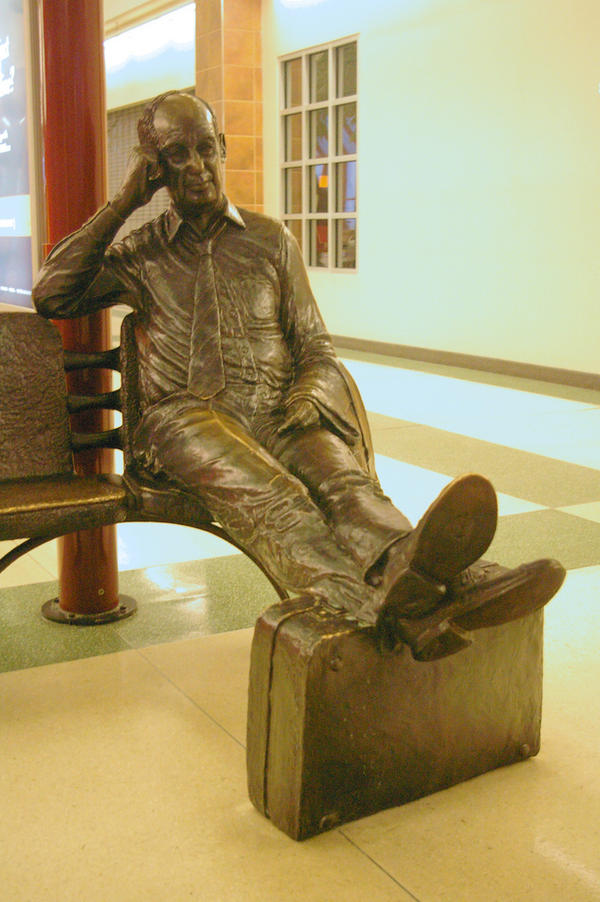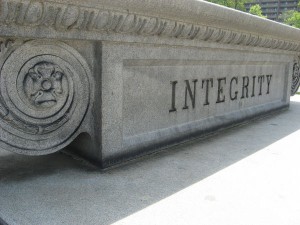 There must be hundreds of books on leadership published each year and there is no shortage of those that focus on the subject within the context of ministry. It seems like I have read them all, but surely I have not. What strikes me about those volumes that I have read is that they all resonate with the same message. Underneath it all, they say the same thing. Christian leadership, first and foremost is Christ-like. Now doesn’t that sound absurdly obvious? Yet somehow, in all my reading and research, my study of the subject, I missed that basic point and I had even considered myself a student of leadership.
There must be hundreds of books on leadership published each year and there is no shortage of those that focus on the subject within the context of ministry. It seems like I have read them all, but surely I have not. What strikes me about those volumes that I have read is that they all resonate with the same message. Underneath it all, they say the same thing. Christian leadership, first and foremost is Christ-like. Now doesn’t that sound absurdly obvious? Yet somehow, in all my reading and research, my study of the subject, I missed that basic point and I had even considered myself a student of leadership.
 With my extensive military background, my discovered spiritual gifts, and the passion with which I considered the topic, I was a person informed in the art and science of leading others. I have received Professional Military Education, trained in the Reserve Officer’s Training Corps, and attended at least five other specific military schools geared to developing the student as a leader. I had command over troops and equipment and had executed significant military operations notably well, yet the concept of servant leadership was unknown to me.
With my extensive military background, my discovered spiritual gifts, and the passion with which I considered the topic, I was a person informed in the art and science of leading others. I have received Professional Military Education, trained in the Reserve Officer’s Training Corps, and attended at least five other specific military schools geared to developing the student as a leader. I had command over troops and equipment and had executed significant military operations notably well, yet the concept of servant leadership was unknown to me.
Click here to read the rest of the article »














